
INVITATION: What EU Do We Want In 2025 – Changing the Institutional Framework
More info 5. 11. 2020
5. 11. 2020
We invite you to a debate from the series What EU Do We Want In 2025, this time on changing the institutional framework of the European Union. It will take place on November 5 at 5:30 PM online.
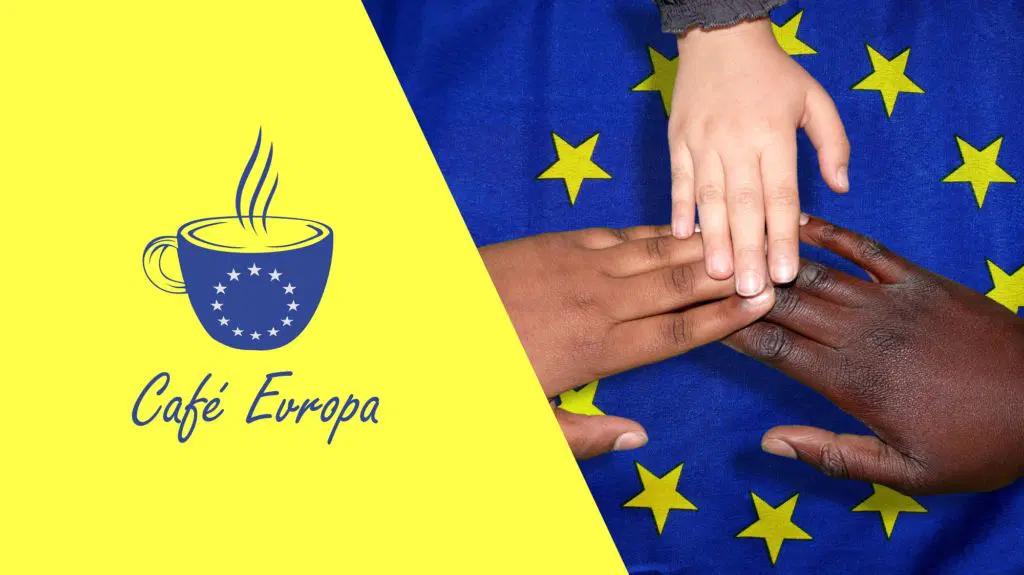
INVITATION: Café Evropa online: New EU migration and asylum policy - will Europe agree on a common migration management?
More info 4. 11. 2020
4. 11. 2020
EUROPEUM Institute for European Policy cordially invites you to another debate from the Café Evropa series, which will take place on Wednesday 4 November from 5:30 PM online on Facebook.
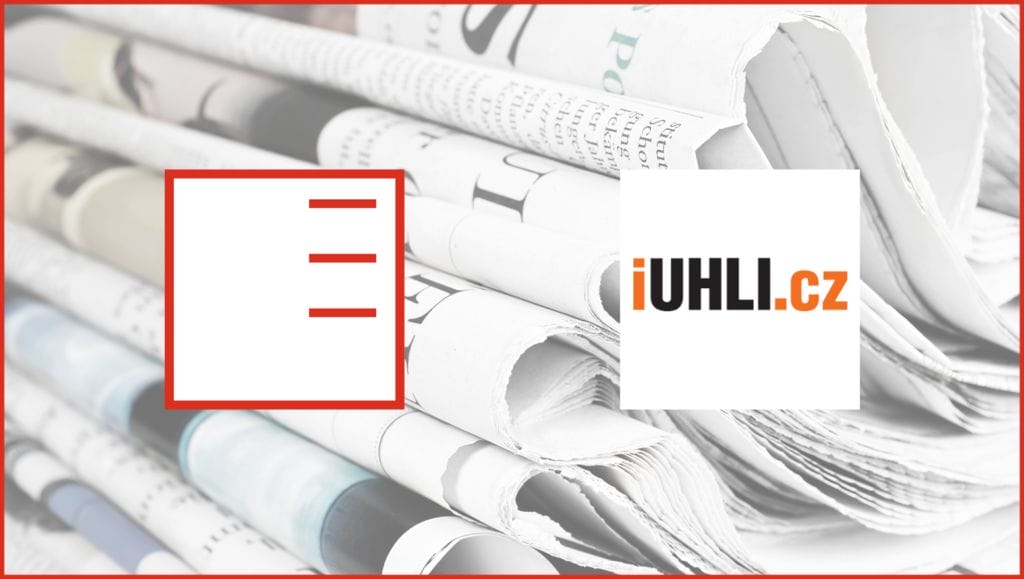
iUhli.cz: European Investment Bank Will Stop Finance Fossil Fuel Projects, Natural Gas Included
More info 29. 10. 2020
29. 10. 2020
iUhli.cz published an article by Přemysl Souček which cited statements from our debate "Prague Climate Talks: Financing the transition to a low carbon economy". Andrea Ferjenčiková, Julian Toth, and Helena Zavázalová attended the debate.
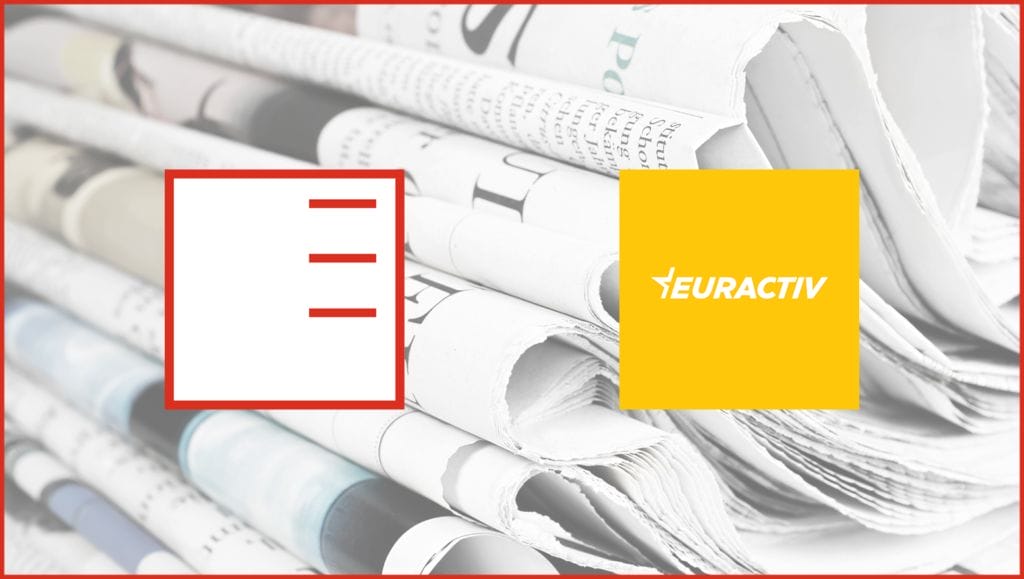
EURACTIV.cz: The number of illegal migrants heading to Europe decreased. However, the problems did not disappear
More info 23. 10. 2020
23. 10. 2020
EURACTIV.cz published an article by Ondřej Plevák which cited statements from our debate "EU± // New pact on migration and asylum". Magda Faltová and Vít Novotný attended the debate.

POLICY PAPER: How to sustainably finance climate neutrality in the Czech Republic?
More info 22. 10. 2020
22. 10. 2020
In the background article for the debate of the same name from the Prague Climate Talks series (October 26), David Němeček examines how to sustainably finance climate neutrality in the Czech Republic.

POLICY PAPER: Identifying the EU’s weaknesses in foreign and defence policy: the struggle to become a more effective global actor
More info 19. 10. 2020
19. 10. 2020
Adrian Blazquez's latest policy paper deals with the Common Foreign and Security Policy (CFSP). More precisely, he focuses on the aspects of unanimous and qualified majority voting, international security commitments, and common strategic culture of the EU.

Tackling the Modern Divisions of Europe through Education
More info 24. 9. 2020
24. 9. 2020
In his latest blog, Márk Szabó focuses on the topic of a divided society in Europe and, above all, on the question of how this phenomenon is affected by nationalism and education.
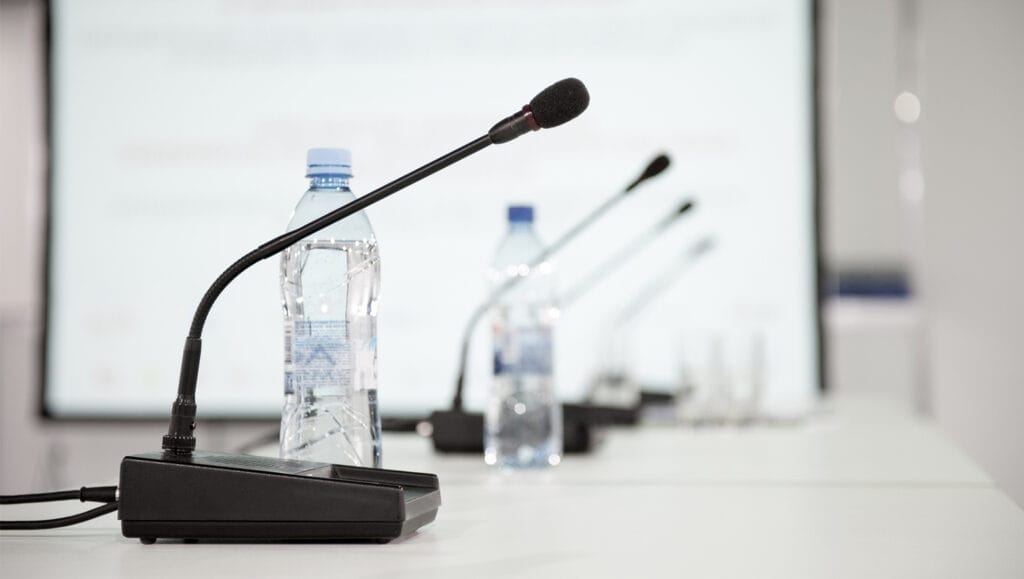
INVITATION: EU± // How should the EU respond to the situation in Belarus?
More info 21. 9. 2020
21. 9. 2020
For several weeks now, there have been massive protests by Belarusians against the rigged presidential election in their country. During that time, several people were killed by security forces and thousands more were beaten or imprisoned. How should the EU respond to this situation? The guests of the next debate within the EU± series will address this issue on Wednesday, September 23.

Policy paper: Climate change: can it unite divided society?
More info 10. 9. 2020
10. 9. 2020
Lucie Vinařská in the background article to the debate of the same name from the Prague Climate Talks series (September 17) examines the opinion of Czech society on climate change, its division and the potential for unification due to the climate and coronavirus crisis.
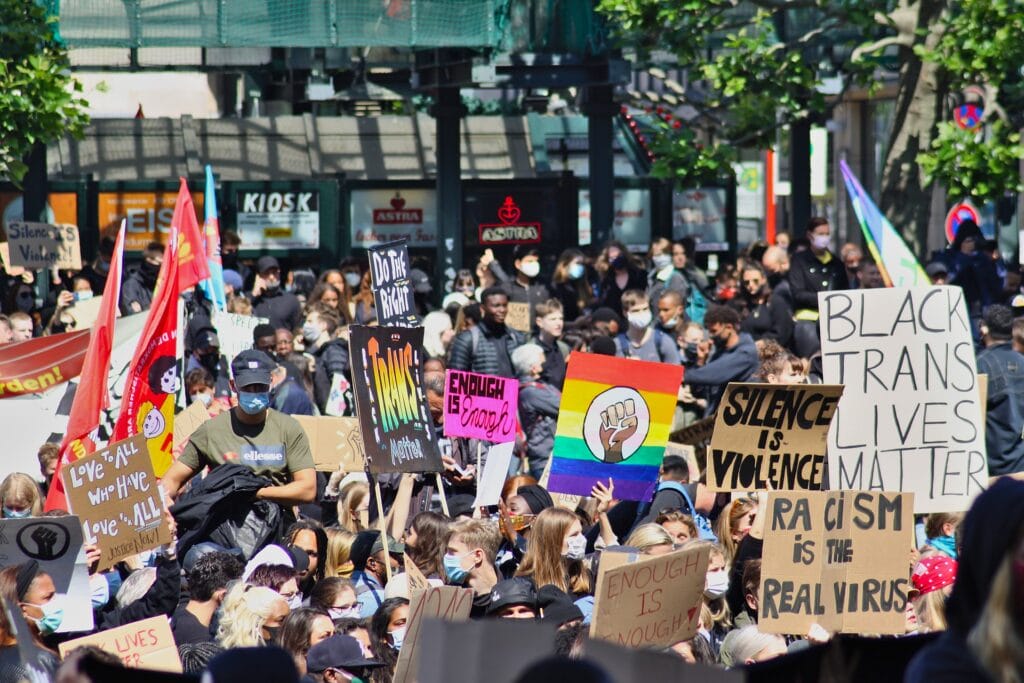
Why the US protests matter
More info 20. 7. 2020
20. 7. 2020
In his latest blog, Márk Szabó explains the importance of United States protests against racism for Europe.
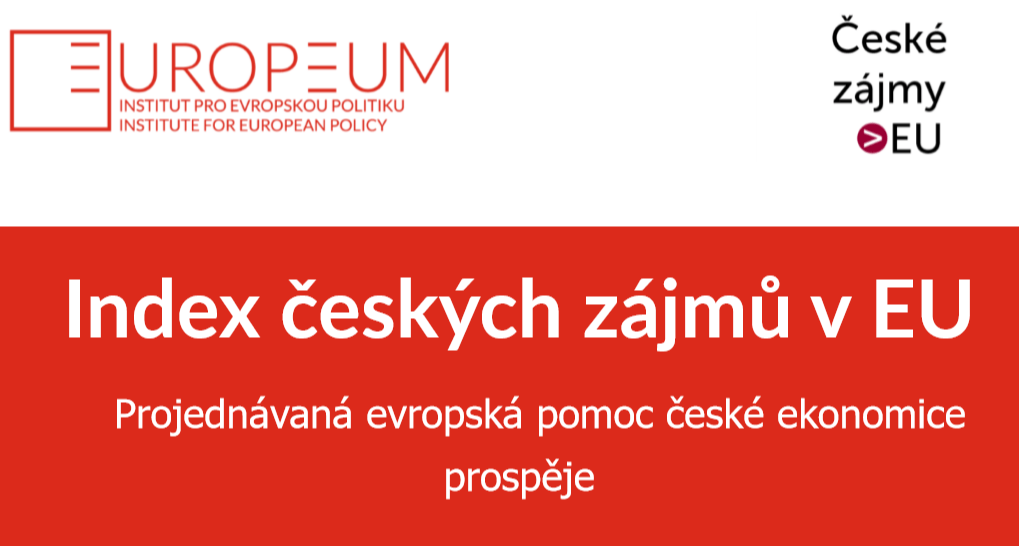
Index of Czech Interests in the EU: The discussed European aid will be beneficial for the Czech economy
More info 17. 7. 2020
17. 7. 2020
Within the project called Czech Interests in the EU, experts and researchers examine whether and how the interests of the Czech Republic are being carried through in European institutions. The result of the survey is the regularly published Index of Czech Interests. The topic of the first one is the response to the economic recession following the Special European Council.
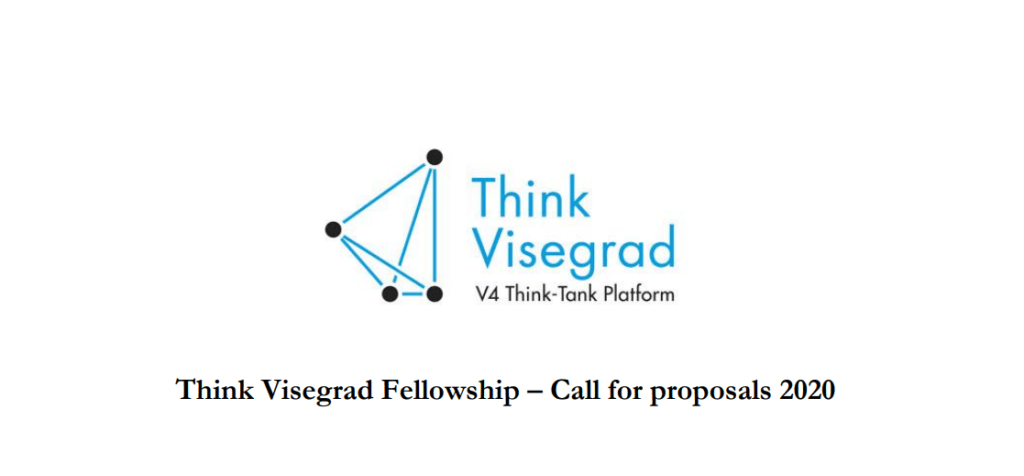
Think Visegrad Fellowship offer: Call for proposals 2020
More info 15. 7. 2020
15. 7. 2020
The Think Visegrad platform, which brings together think tanks from the Visegrad countries, including the EUROPEUM Institute for European Policy, is offering 8 visiting fellowships to non-Visegrad expert fellows for the period Autumn/Winter of 2020. The duration of fellowships varies from 6 to 8 weeks (based on agreement with the hosting institute).